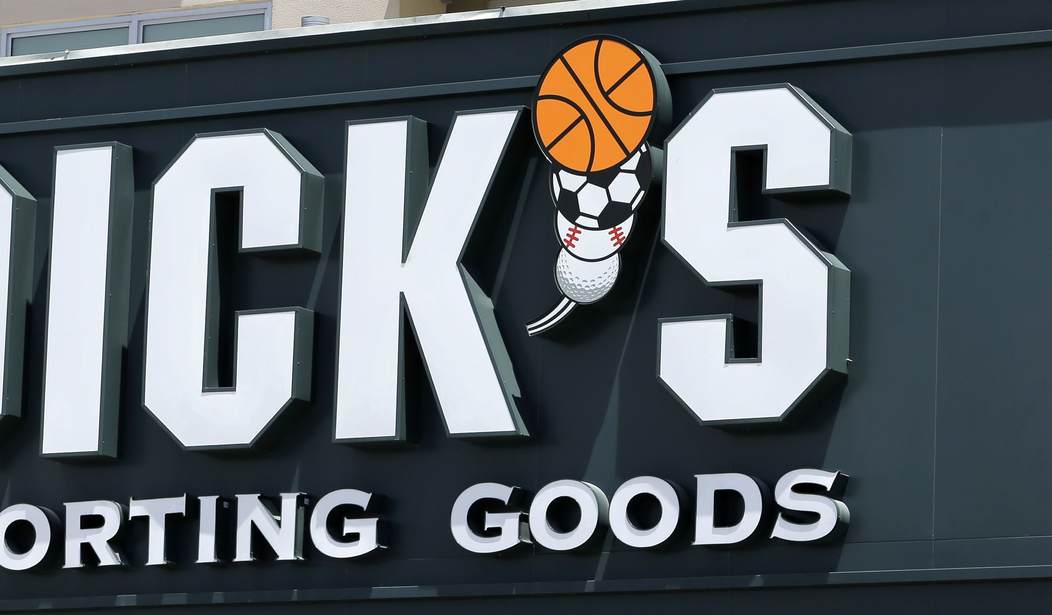Monday I wrote about three major retail outlets who had all mentioned “shrink”—the industry term for shoplifting—as a growing problem during their quarterly earnings calls. The three companies were Home Depot, Walgreens and Target. Target’s CEO said that shrink remained “well above the sustainable level where we expect to operate over time.”
Since then two more retailers have jumped on the shrink bandwagon: Dollar Tree and Dick’s Sporting Goods. Both of them brought it up as an explanation for disappointing earnings last quarter.
Dollar Tree had a miserable quarter, and company management is chalking it up to a mix of factors: changing consumer demands on top of higher prices for fuel and electricity … and theft.
The company’s chief executive and chief financial officer homed in on that last one on a call with Wall Street analysts Thursday…
[CFO Jeffrey] Davis said the company has taken steps to fix the problem, but the shrink issue is getting worse — and “definitely advanced a little further than what we had anticipated.”
The plan to combat the problem will be rolled out before the end of the year. That includes locking up items behind plexi, placing some items behind the register and simply discontinuing some products that are stolen too often.
All of this is the sort of thing we’ve already seen at Walgreens, Target, etc. but it’s pretty amazing that it’s necessary to do this at Dollar Tree where everything in the store is priced at $1.25.
A couple days ago, Dick’s Sporting Goods also mentioned shrink was a growing problem for the company.
The sporting goods and athletic clothing seller reported second-quarter results Tuesday morning that included a 23% drop in profit, despite sales that rose 3.6% in the period…
The company blamed shrink, the industry term for theft and damaged inventory, for its surprisingly poor earnings. Although other national retailers have also warned investors about growing theft, Dick’s is among the first to blame its lackluster quarterly financial report primarily on theft.
“Our [second-quarter] profitability was short of our expectations due in large part to the impact of elevated inventory shrink, an increasingly serious issue impacting many retailers,” CEO Lauren Hobart said in a statement.
The Wall Street Journal published an editorial yesterday saying it was time for CEOs and CFOs to speak plainly and drop the euphemisms.
Shrink isn’t PC jargon used only by these companies. It’s an industry term that wraps in other losses such as value lost or damaged in transit. But plain language about theft, rather than the euphemism, would help the public better understand how bad criminal theft is and maybe build political support for policies that would do something about it…
Progressives ignore theft out of hostility to corporations. But mom-and-pop stores are pillaged too, and the costs of theft are borne by consumers and workers. Modern corporate culture shrinks from saying anything that might offend anyone, apparently including criminals and organized theft rings. Time for CEOs and CFOs to speak plainly.
I’ve mentioned before that retailers on the west coast seem very hesitant to say openly just how much of a problem retail theft and other social problems have become. San Francisco has had dozens of stores close in the past year and theft often gets downplayed in official statements about why. No one wants to risk offending advocates for the homeless or for criminal justice reform. It’s just easier to downplay it or say nothing.
But as the WSJ points out, there’s a cost to doing that. If the public doesn’t realize the extent to which theft is a problem, they become easy marks for activists who want to downplay these problems for other reasons.








Join the conversation as a VIP Member